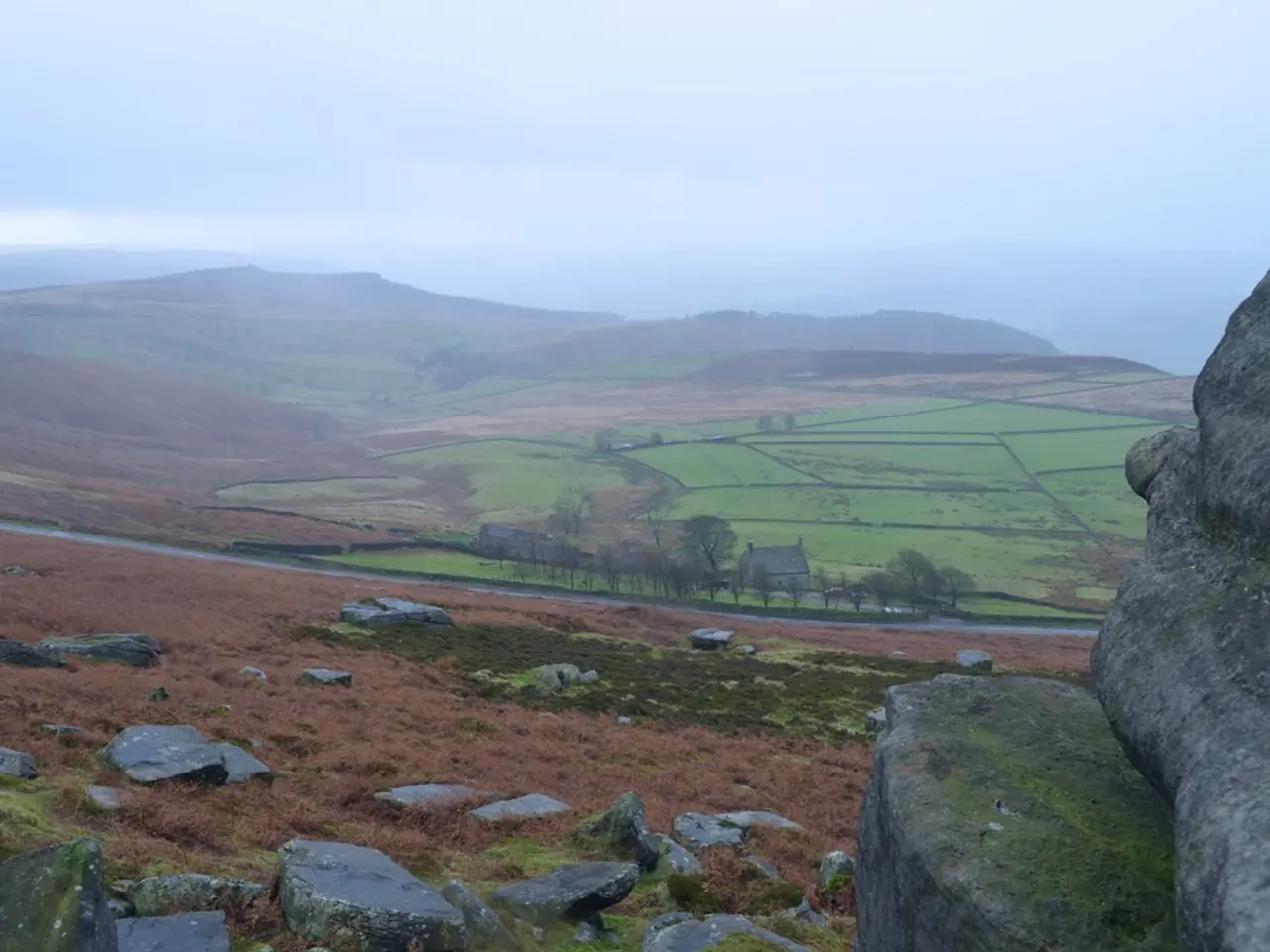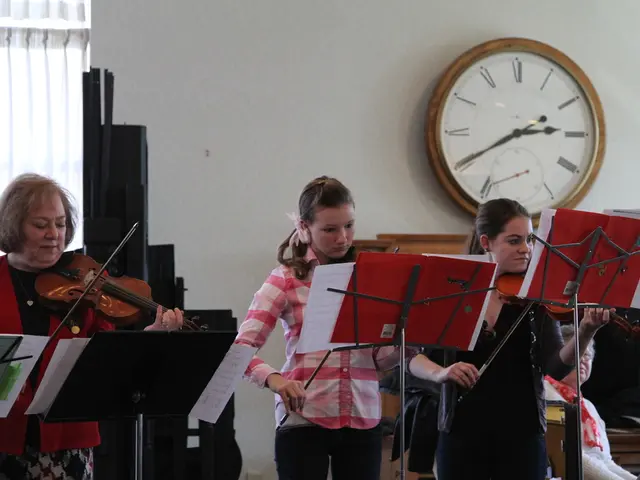Philippines' Mount Pinatubo standoff underscores decades of Indigenous marginalization
In the Central Luzon region of the Philippines, where the active volcano Mount Pinatubo lies, the Aeta community is still battling for recognition of their land rights and equitable distribution of tourism revenue. After being displaced by the 1991 eruption of Mount Pinatubo, which affected around 35,000 Aeta people, the community has been striving to reclaim their rights and establish sustainable livelihoods, including farming and tourism [2][3][4].
Recently, the Aetas have been protesting their long-standing exclusion from tourism gains at the jump-off point of Mount Pinatubo. The story was published with permission from Mongabay.com. The confrontation between local police and Aetas on a barricade turned aggressive, resulting in two protesters being arrested but later released without charges [1].
Beverly Longid of KATRIBU demands that the officers who arrested the protesters be sanctioned and holds the National Commission on Indigenous Peoples (NCIP) accountable for the historical negligence of the Aeta community. Longid calls for "genuine recognition of the Aeta and their rights over their ancestral land and territory" [1].
The NCIP only issued a certificate of ancestral domain title for the three towns around Pinatubo in 2009. However, the Aetas say the local tourism office ignored their prior notice about the mid-April barricade of Pinatubo. Aeta guides in Pinatubo's tours are paid less than the minimum wage, often receiving as little as US$6 per day [1].
Maria, an avid hiker, and her boyfriend booked a tour to the Philippines' Mount Pinatubo for April 18. Local authorities were unable to resolve the Aetas' barricade, causing Maria and other hikers to turn back. Maria questions the authority of tourism officials and police to decide over the land when it's not theirs [1].
The tourism ministry has named Mount Pinatubo as one of the country's "favourite destinations." The NCIP has been in talks with the Aetas since October 2024 to ensure they receive a fair share of tourism benefits [1].
Notably, the Aetas' struggle for acknowledgment and inclusion in tourism benefits continues amid their broader efforts for cultural respect and socio-economic improvement. Outreach programs, including medical missions and educational support led by groups like the Sisters of the Adorers of the Blood of Christ, help uplift the community, but the core issues of land tenure and fair economic participation persist [2][4].
In a recent development, some tour operators announced that the "Mount Pinatubo issue" had been resolved by tourism officials and police. However, a video surfaced showing a police officer threatening the Aetas, stating, "If you don't come with us, we'll have to force you" [5].
References: 1. Mongabay.com 2. Rappler.com 3. Manilatimes.net 4. Aidtoadventurists.org 5. YouTube.com
[Note: The article does not include advertisements, and the references are not hyperlinked for the sake of Markdown format.]
Read also:
- Essential insights into ambulatory pneumonia
- Key points for August 15: District of Columbia meetings, Alaska summit, redistricting debates, emergency room updates, and homelessness issues
- AI's Significance in the Medical Field: Discussion on AI's Functionality in Healthcare Settings
- Restrictions on Access to Almaty Center: Examining European and Asian Precedents








